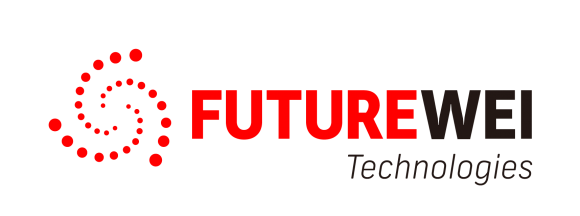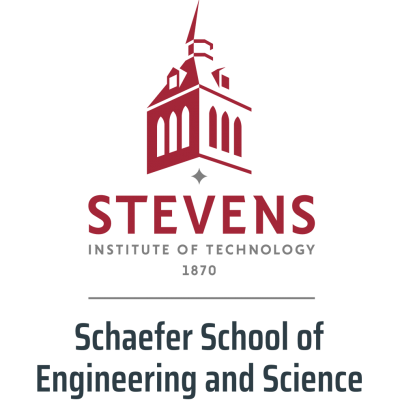Next-Generation Networking for Smart and Green technologies
General Chair
Safdar Hussain Bouk, ODU, VA, USA, Email: sbouk@odu.edu
Workshop Description
Next-generation (NextG) networks including 6G cellular network technologies are expected to be a major leap forward from the current 5G. NextG networks are envisioned to offer AI/ML-embedded smart solutions to ensure significantly higher speeds, lower latency, greater capacity, and more importantly energy efficiency and environment-friendly than the current standards. Therefore, the key requirements for NextG are the “smart” and “green” solutions. This means that these technologies must be designed to minimize their environmental impact and best utilize the available limited resources and offer better quality of experience. NextG networks will use various technologies to achieve this goal, including; (a) smart use of new spectrum bands that are not currently used for cellular communications. These bands are less crowded than the bands used by 5G, which will help to reduce the energy consumption of NextG networks. Additionally, these networks will use more efficient modulation and coding schemes that will allow them to transmit more data over the same amount of spectrum, which will also reduce energy consumption. (b) Employing energy-saving technologies such as sleep modes for devices and energy-saving techniques for infrastructure elements (i.e., base stations, radio resource heads, etc.). In addition to being green, NextG networks are also envisioned as "smart." This means that they will be able to adapt to the needs of users and applications. For example, the NextG networks will be able to prioritize traffic from certain applications, such as self-driving cars, over other traffic. This will help ensure critical applications have the bandwidth they need to operate reliably.
The development of the NextG network and technologies are expected to be a major technological breakthrough and will offer significant improvements over 5G in terms of speed, latency, capacity, and energy efficiency. They will also be more intelligent and adaptable, which will allow them to meet the needs of a wide range of users and applications.
The Green and Smart G workshop aims to bring together researchers working on selected areas in NextG network along with various technologies and application domains, such as applications for smart and green cities, smart and green communities, smart and green autonomous driving, cloudification, etc. The authors are expected to share their new ideas, latest findings and results in the following topics but not limited to:
- Energy-efficient network architectures and protocols for NextG Networks.
- Green and Smart routing algorithms for NextG Networks.
- Energy-efficient and AI/ML-embedded resource management for NextG Networks.
- Adaption of Renewable Energy resources within NextG Networks and use of NextG networks for Energy Grids.
- NextG Spectrum utilization techniques.
- Smart modulation and encoding techniques for NextG Networks.
Important Dates
- Paper Submission Deadline: September 15, 2023
- Notification of Acceptance: September 20, 2023
- Camera-Ready Paper Deadline: September 25, 2023
Steering Committee & TPC Co-Chairs
- Dr. Syed Hassan Ahmed Shah, Qualcomm, USA. (TPC Co-Chair)
- Dr. Waleed Ejaz, Thompson Rivers University, Canada. (TPC Co-Chair)
- Ali Kashif Bashir, University of the Faroe Islands, Denmark. (Publicity Chair)
- Prof. Houbing Song, Embry-Riddle Aeronautical University, Florida, USA. (Publicity Chair)
- Prof. Mohsen Guizani, University of Idaho, USA. (Best Paper Award Committee)
- Prof. Mahasweta Sarkar, San Diego State University, USA.
- Prof. Jaime Lloret, UPV, Valencia, Spain.
- Dr. Hassnaa Moustafa, Intel Corporation, USA.
- Prof. Guo Song, Hong Kong Polytechnic University, Hong Kong.
- Dr. Claudia Campolo, University in Reggio Calabria, Italy.
- Dr. Ravi Ravindran, Huawei Corp., USA.
Technical Committee Members
- Di Zhang, Waseda University, Japan.
- Suzan Bayhan, University of Helsinki, Finland.
- Zhiwei Yan, CNNIC, China.
- Marica Amadeo, University "Mediterranea" of Reggio Calabria, Italy.
- Wael Guibene, Intel Labs, San Jose, California, USA.
- Muhammad Faran Majeed, Asian Institute of Technology, Thailand.
- Cormac J. Sreenan, University College Cork, Ireland.
- Yusun Chang, Georgia Institute of Technology, USA.
- Rasheed Hussain, University of Amsterdam, Netherland.
- Zhihan Lv, University College London, UK.
- Imran Khan, Schneider Electric, France.
- Zeeshan Pervez, University of West Scotland, United Kingdom.
- Kishwer Abdul Khaliq, University of Bremen, Germany.
- Fatima Hussain, Ryerson University, Canada.
- Adnan Shahid, Taif University, Kingdom of Saudi Arabia.
- Syed Ali Hassan, SEECS, NUST Pakistan.





